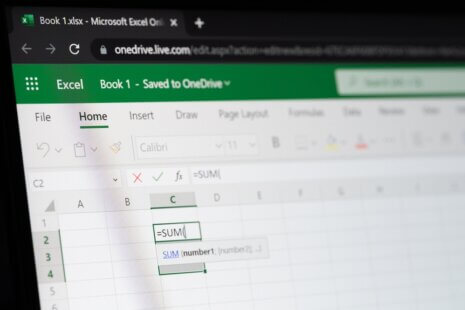As an LLC (Limited Liability Company) owner, you can typically write off various business expenses on your tax return, subject to IRS rules and limitations. These deductions can help reduce your LLC’s taxable income and lower your overall tax liability.
Here are common types of expenses that can be written off for an LLC business…
- Operating Expenses –
- Rent or lease payments for office space, retail space, equipment, or vehicles.
- Utilities, including electricity, water, gas, internet, and phone services.
- Office supplies and consumables, such as stationery, printer ink, and postage.
- Business insurance premiums, including liability insurance, property insurance, and professional liability insurance.
- Legal and professional fees, including those for legal advice, accounting, consulting, and tax preparation.
- Employee Expenses –
- Wages, salaries, bonuses, commissions, and other forms of compensation paid to employees.
- Employer contributions to employee benefit plans, such as health insurance, retirement plans (e.g., 401(k)), and other fringe benefits.
- Payroll taxes, including Social Security and Medicare taxes, federal and state unemployment taxes, and any applicable state payroll taxes.
- Business Travel and Meals –
- Transportation expenses for business-related travel, including airfare, mileage, rental cars, taxis, and public transportation.
- Lodging expenses for business-related overnight stays.
- Meals and entertainment expenses incurred while traveling for business purposes, subject to certain limitations.
- Business meals with clients, customers, vendors, or employees, generally limited to 50% of the cost.
- Vehicle Expenses –
- Depreciation or lease payments for business vehicles.
- Vehicle operating expenses, such as fuel, maintenance, repairs, insurance, registration fees, and property taxes.
- Business-related parking and tolls.
- Mileage deductions for business use of personal vehicles, based on either actual expenses or the standard mileage rate set by the IRS.
- Marketing and Advertising –
- Advertising and promotional expenses, including online ads, print ads, radio spots, TV commercials, and social media marketing.
- Website development and maintenance costs.
- Marketing materials, such as brochures, business cards, flyers, and promotional giveaways.
- Costs associated with trade shows, conferences, sponsorships, and other promotional events.
- Home Office Expenses –
- If you use a portion of your home regularly and exclusively for business purposes, you may be able to deduct related expenses, such as utilities, insurance, repairs, maintenance, and depreciation.
- Rent or mortgage interest allocable to the home office space may also be deductible.
- Startup and Organizational Costs –
- Costs incurred to start or organize your LLC, such as legal fees, accounting fees, market research, product development, licenses, permits, and regulatory approvals.
- Organizational costs, such as filing fees and expenses for holding organizational meetings.
- Other Business Expenses –
- Equipment purchases or leases, including computers, machinery, furniture, vehicles, and other business assets.
- Inventory costs for goods sold.
- Repairs and maintenance expenses for business property.
- Education and training expenses related to improving or maintaining your skills.
It’s crucial to keep accurate records and documentation of your business expenses to support your deductions and ensure compliance with IRS rules and regulations. Consult with a tax professional or accountant familiar with small business taxation to maximize your deductions and minimize your tax liabilities effectively. They can provide personalized guidance based on your specific situation and help you navigate complex tax issues to optimize your LLC’s tax position.




